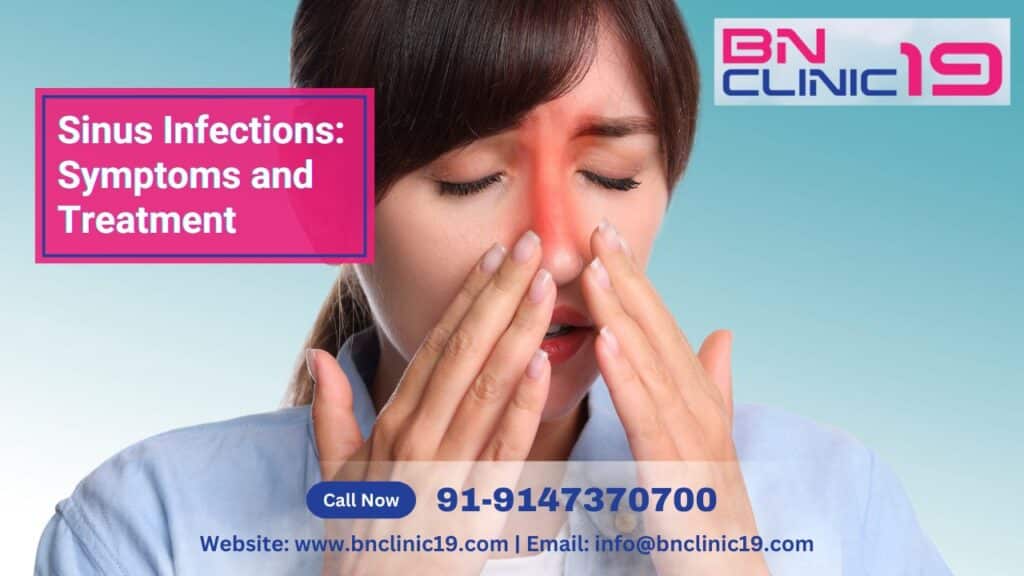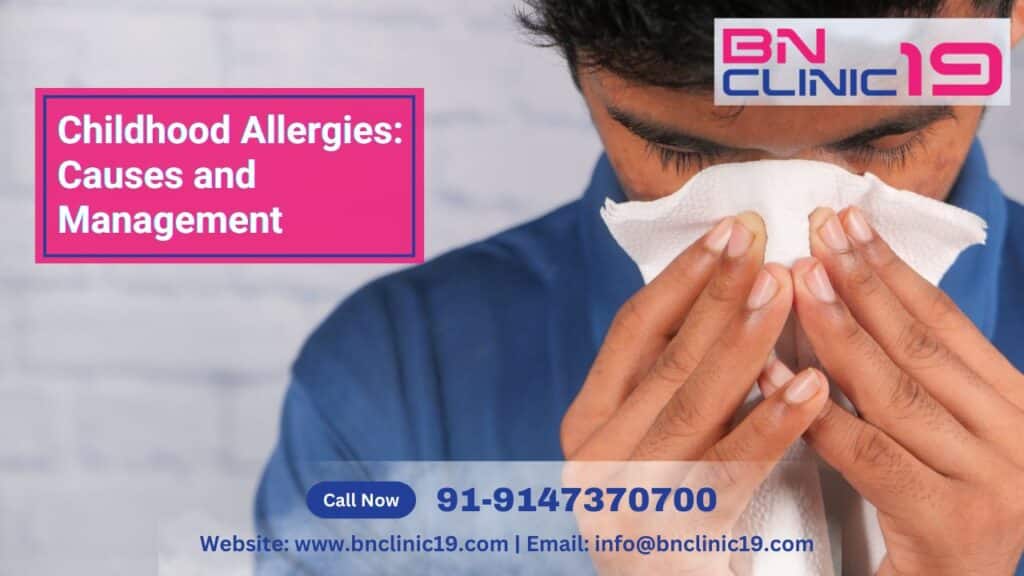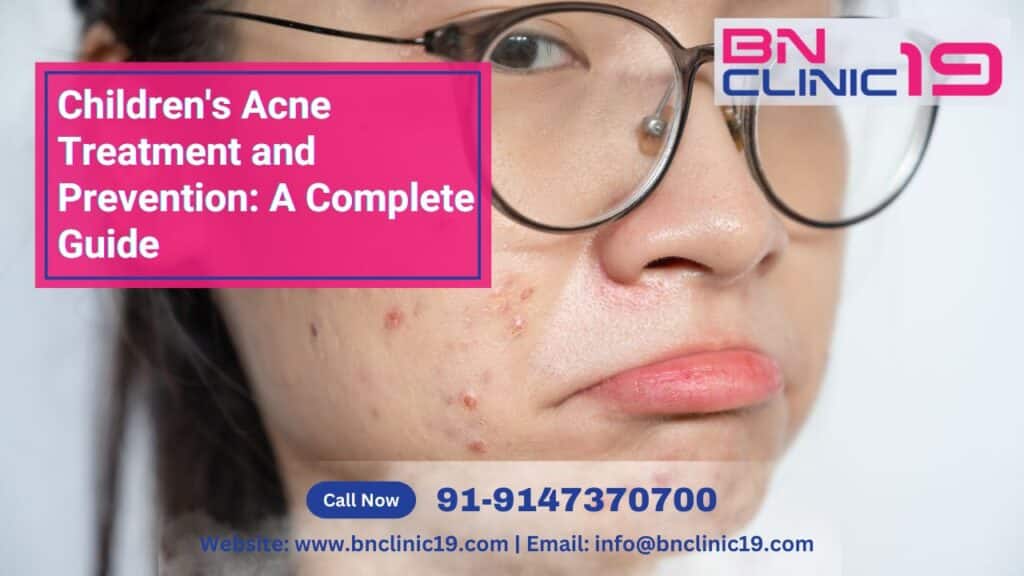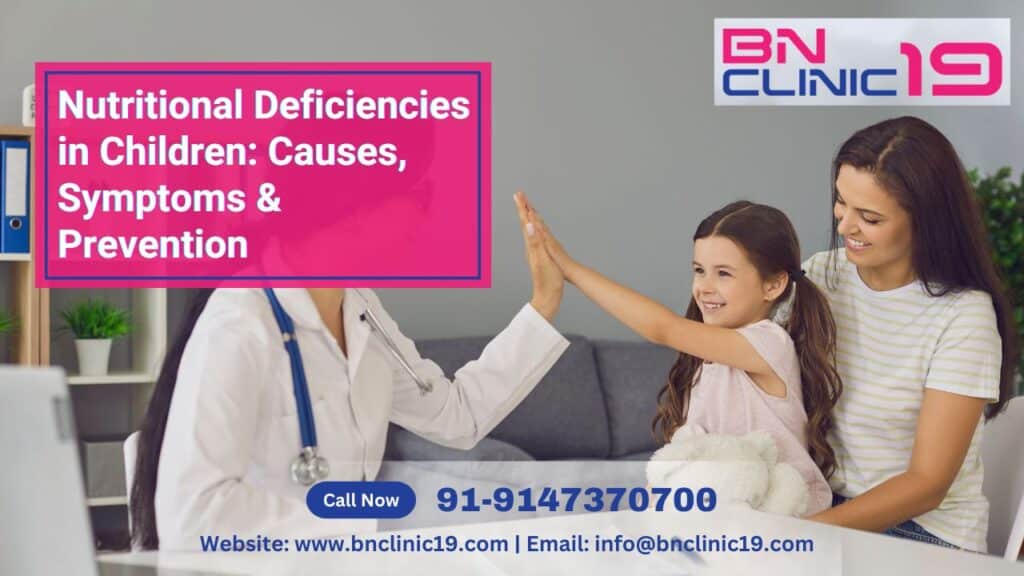Skin Care During Pregnancy: Safe Tips for Healthy & Glowing Skin
Pregnancy brings about significant hormonal changes that can impact a woman’s skin. Some women experience a beautiful glow, while others struggle with acne, pigmentation, stretch marks, and dryness. Proper skin care during pregnancy is essential to maintain healthy, nourished, and radiant skin while ensuring the safety of both the mother and baby. Since many skincare ingredients can be absorbed into the bloodstream, it’s crucial to use pregnancy-safe skincare products and follow gentle, natural, and effective routines. In this article, we’ll explore common skin issues during pregnancy, the best skincare routine, and safe ingredients to use and avoid. Common Skin Problems During Pregnancy 1. Pregnancy Acne ✔️ Cause: Hormonal fluctuations increase oil production, leading to breakouts. ✔️ Symptoms: Pimples, blackheads, and inflammation, especially on the face, chest, and back. ✔️ Safe Remedies: 🔹 Wash your face twice daily with a gentle, pregnancy-safe cleanser. 🔹 Use natural spot treatments like honey or diluted tea tree oil. 🔹 Stay hydrated and eat a balanced diet to reduce breakouts. 2. Stretch Marks ✔️ Cause: Rapid skin stretching leads to small tears in the dermis, forming pink, red, or purple streaks. ✔️ Common Areas: Belly, breasts, hips, and thighs. ✔️ Safe Remedies: 🔹 Apply coconut oil, shea butter, or vitamin E oil to keep the skin moisturized. 🔹 Massage almond oil or cocoa butter daily for elasticity. 🔹 Stay hydrated and consume collagen-boosting foods like eggs, citrus fruits, and nuts. 3. Melasma (Pregnancy Mask) ✔️ Cause: Increased melanin production due to hormonal changes. ✔️ Symptoms: Dark patches on the face, forehead, and cheeks. ✔️ Safe Remedies: 🔹 Apply a broad-spectrum SPF 30+ sunscreen daily. 🔹 Use natural brighteners like aloe vera, turmeric, and vitamin C serum. 🔹 Wear a wide-brimmed hat to protect skin from sun exposure. 4. Dry & Itchy Skin ✔️ Cause: Skin stretching and reduced oil production lead to dryness and irritation. ✔️ Safe Remedies: 🔹 Use fragrance-free moisturizers with hyaluronic acid or glycerine. 🔹 Take lukewarm showers to prevent excessive dryness. 🔹 Increase water intake to keep skin hydrated from within. 5. Spider Veins & Varicose Veins ✔️ Cause: Increased blood volume and pressure cause veins to swell and become visible. ✔️ Safe Remedies: 🔹 Elevate your legs when resting. 🔹 Stay active and avoid standing for long periods. 🔹 Wear compression stockings for better circulation. Pregnancy-Safe Skincare Routine Morning Routine (AM) Cleanser: Use a gentle, sulphate-free face wash to cleanse the skin. Toner (Optional): If needed, use alcohol-free toners like rose water or witch hazel. Moisturizer: Apply a lightweight, non-comedogenic moisturizer to keep skin hydrated. Sunscreen: Use broad-spectrum SPF 30+ sunscreen to prevent pigmentation and UV damage. Evening Routine (PM) Cleanser: Remove dirt and makeup with micellar water or pregnancy-safe cleansers. Moisturizer: Use rich, hydrating creams with ceramides and hyaluronic acid. Stretch Mark Care: Apply shea butter, cocoa butter, or bio-oil on areas prone to stretch marks. 💡 Bonus Tip: Use a humidifier in your room to keep skin hydrated overnight. Safe Skincare Ingredients During Pregnancy ✔️ Hyaluronic Acid – Deeply hydrates the skin. ✔️ Niacinamide (Vitamin B3) – Reduces inflammation and improves skin texture. ✔️ Vitamin C – Brightens skin and fights pigmentation. ✔️ Shea Butter & Coconut Oil – Moisturize and prevent stretch marks. ✔️ Aloe Vera & Oatmeal – Soothes irritation and itching. Skincare Ingredients to Avoid During Pregnancy 🚫 Retinoids (Retinol, Retin-A, Tretinoin, Accutane) – Can cause birth defects. 🚫 Salicylic Acid (Above 2%) – High doses may be unsafe. 🚫 Benzoyl Peroxide (Above 5%) – Limited safety studies. 🚫 Hydroquinone & Chemical Peels – Can be absorbed into the bloodstream. 🚫 Parabens & Phthalates – Linked to hormonal disruptions. 🚫 Essential Oils (Some Types) – Avoid clary sage, rosemary, and cinnamon oils. 💡 Tip: Always check skincare product labels and consult your doctor before using new products. Best Diet for Healthy Skin During Pregnancy 🥑 Avocados & Nuts – Provide healthy fats for skin elasticity. 🍊 Oranges & Berries – Rich in Vitamin C to boost collagen production. 🐟 Salmon & Flaxseeds – Omega-3 fatty acids help reduce inflammation and dryness. 🥬 Leafy Greens & Eggs – Provide iron and antioxidants for radiant skin. 💧 Water & Herbal Teas – Keep the skin hydrated and flush out toxins. When to See a Dermatologist? 📌 If you experience severe acne, rashes, or skin allergies. 📌 If pigmentation (melasma) becomes extremely dark or patchy. 📌 If your skin becomes excessively dry, itchy, or develops blisters. 📌 If you notice unusual moles or changes in skin texture. Taking care of your skin during pregnancy requires a gentle, safe, and nourishing approach. By using pregnancy-safe skincare products, hydrating well, and following a nutritious diet, you can maintain healthy and glowing skin throughout your pregnancy. If you’re unsure about certain skincare ingredients or treatments, consult a dermatologist in Kolkata for personalized advice. 💡 Embrace the pregnancy glow with the right skincare routine and safe products!
Skin Care During Pregnancy: Safe Tips for Healthy & Glowing Skin Read More »










